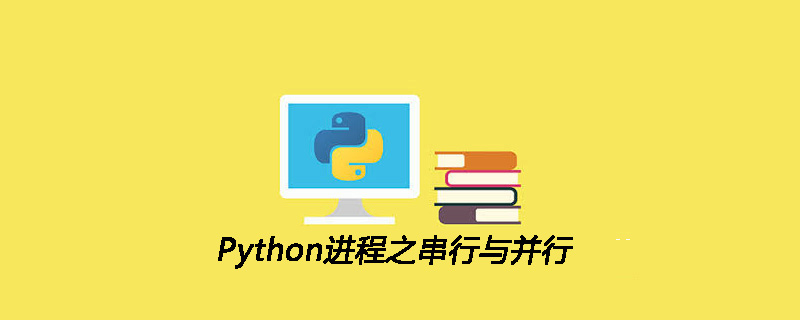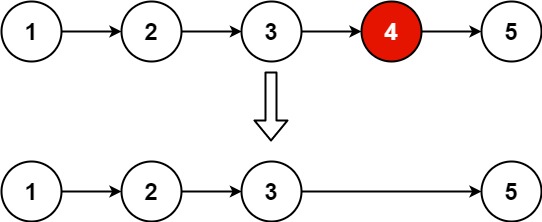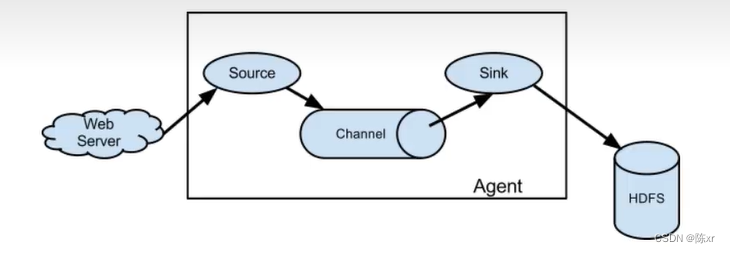1.现有文件test.c\test1.c\main.c,请编写Makefile
Makefile文件:
CC=gcc
EXE=file
OBJS=$(patsubst %.c,%.o,$(wildcard *.c))
CFLAGS=-c -o
all:$(EXE)
file:test.o test1.o main.o
@$(CC) $^ -o $@
%.o:%.c
@$(CC) $(CFLAGS) $@ $^
.PHONY:clean
clean:
@rm $(OBJS)
main.c文件:
#include <stdio.h>
#include <stdlib.h>
#include <string.h>
#include <math.h>
#include <unistd.h>
void output(int a,int b);
void fun(int a,int b);
int main(int argc, const char *argv[])
{
int a=4,b=5;
output(a,b);
fun(a,b);
return 0;
}
test.c文件:
#include <stdio.h>
#include <stdlib.h>
#include <string.h>
#include <math.h>
#include <unistd.h>
void output(int a,int b)
{
printf("a=%d b=%d\n",a,b);
}
test1.c文件:
#include <stdio.h>
#include <stdlib.h>
#include <string.h>
#include <math.h>
#include <unistd.h>
void fun(int a,int b)
{
int sum=a+b;
printf("sum=%d\n",sum);
}
现象展示:

2.C编程实现: 输入一个字符串,请计算单词的个数
eg: "this is a boy"
输出单词个数:4个
#include <stdio.h>
#include <stdlib.h>
#include <string.h>
#include <math.h>
#include <unistd.h>
int main(int argc, const char *argv[])
{
char arr[100];
printf("please enter arr:");
gets(arr);
int num=0;
for(int i=0;arr[i]!='\0';i++)
{
if(arr[i]==' ')
{
num++;
}
}
printf("单词的数量为%d\n",num+1);
return 0;
}
现象展示:
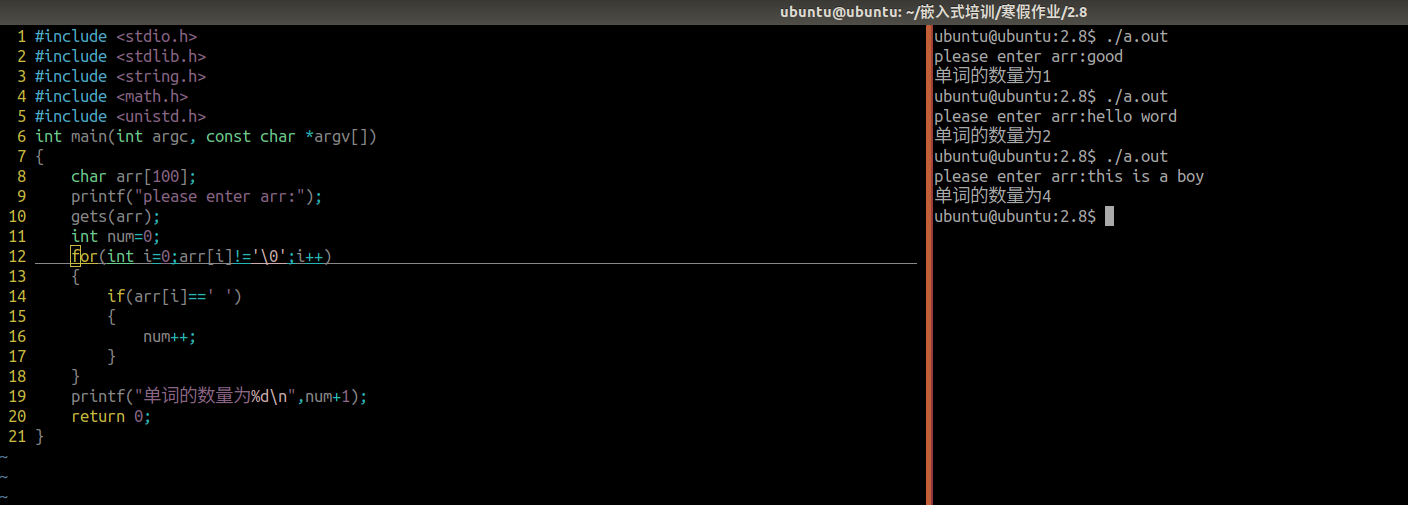
3.在终端输入一个文件名,判断文件的类型
#!/bin/bash
read -p "please enter filename:" file
if [ -b $file ]
then
echo "块设备文件"
elif [ -c $file ]
then
echo "字符设备文件"
elif [ -d $file ]
then
echo "目录"
elif [ -L $file ]
then
echo "软连接文件"
elif [ -p $file ]
then
echo "管道文件"
elif [ -s $file ]
then
echo "套接文件"
elif [ -f $file ]
then
echo "普通文件"
else
echo "文件不存在"
fi
现象展示:
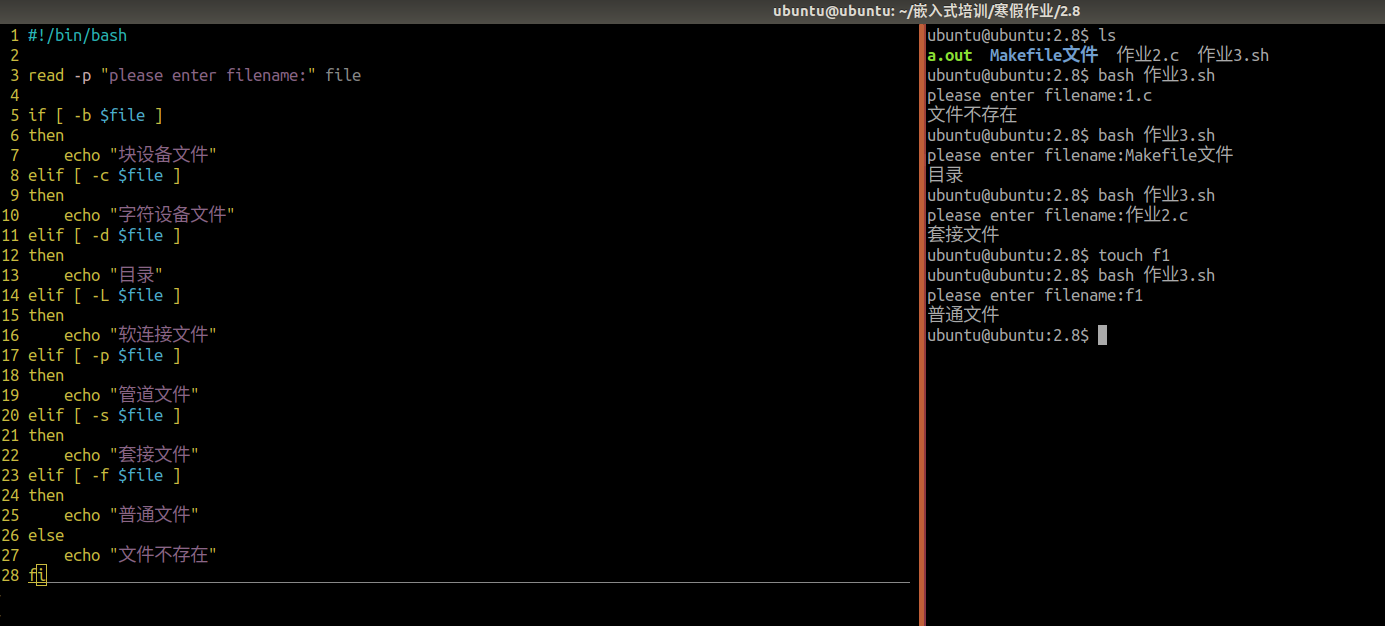
4.C编程实现
字符串倒置:(注意:是倒置,而不是直接倒置输出)
原字符串为:char *str =“I am Chinese
倒置后为:“Chinese am I”
附加要求:删除原本字符串中多余的空格
#include <stdio.h>
#include <stdlib.h>
#include <string.h>
#include <math.h>
#include <unistd.h>
int main(int argc, const char *argv[])
{
char str[100];
printf("please enter str:");
gets(str);
int len=strlen(str);
int i,j;
for (i=0,j=0;i<len;i++) //删除原本字符串中多余空格
{
if (str[i]!=' ' || (i>0 && str[i-1]!=' '))
{
str[j]=str[i];
j++;
}
}
str[j]='\0';
puts(str);
i=0,j=strlen(str)-1;//整体逆置
while(i<j)
{
char t=str[i];
str[i]=str[j];
str[j]=t;
i++;
j--;
}
i=j=0;
while(str[i]!='\0')//单词逆置
{
while(str[j]!=' ' && str[j]!='\0')
{
j++;
}
int k=j-1;
while(i<k)
{
char t=str[i];
str[i]=str[k];
str[k]=t;
i++;
k--;
}
while(str[j]==' ')
{
j++;
}
i=j;
}
puts(str);
return 0;
}
现象展示:
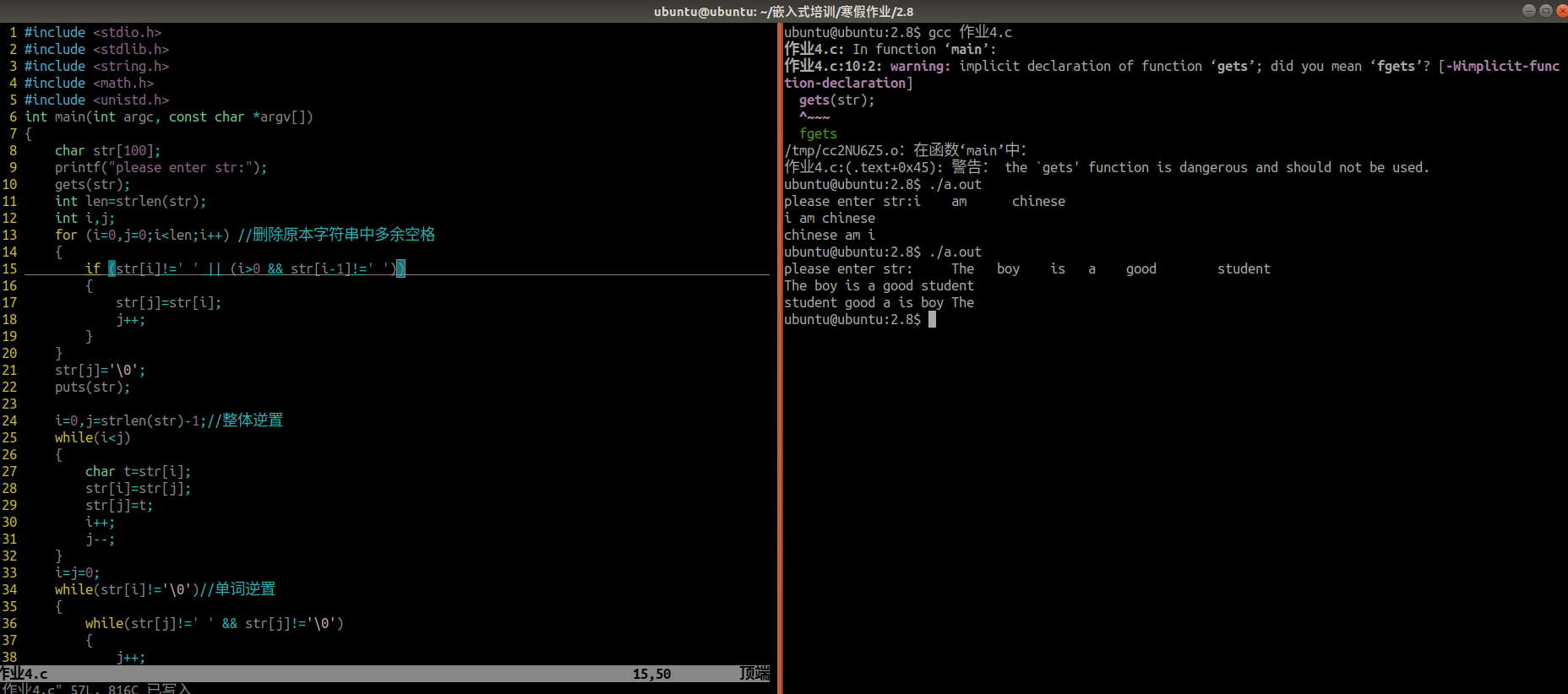
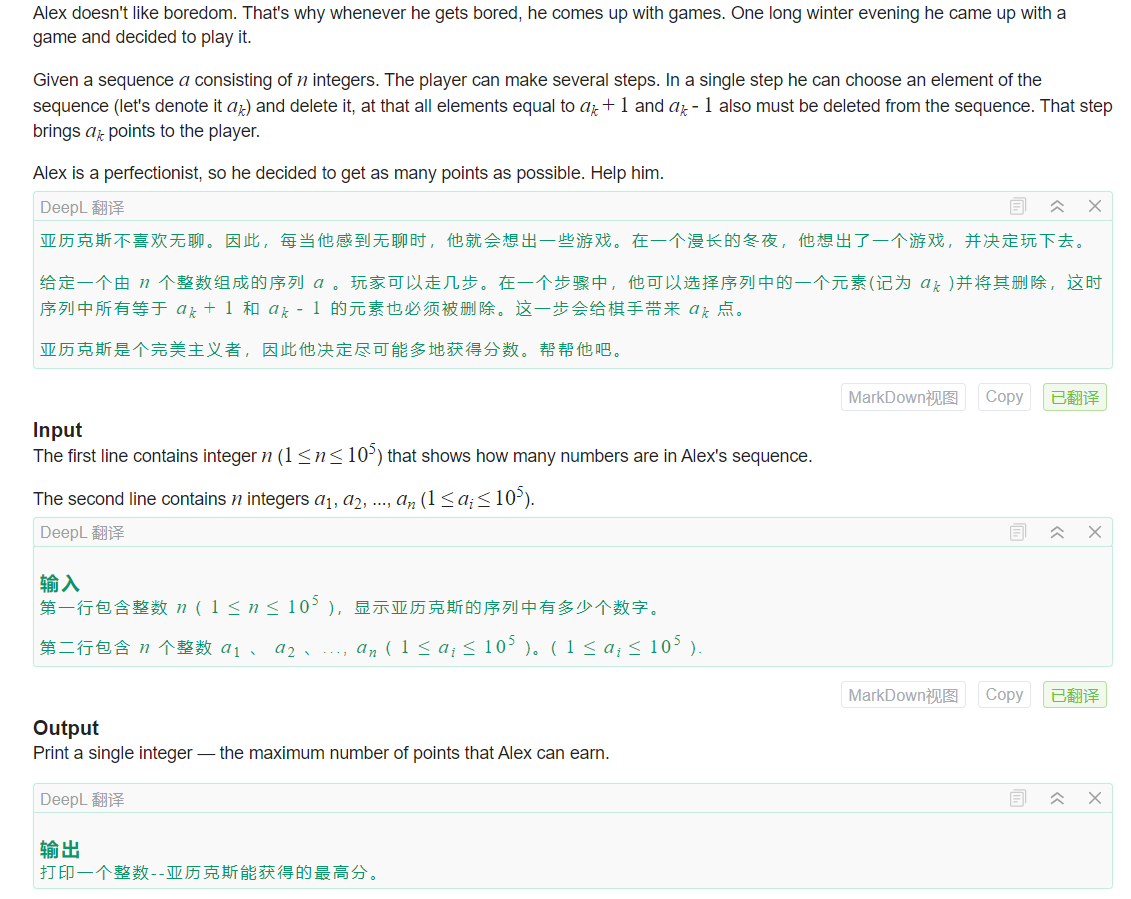
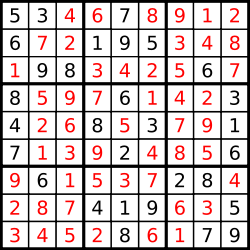
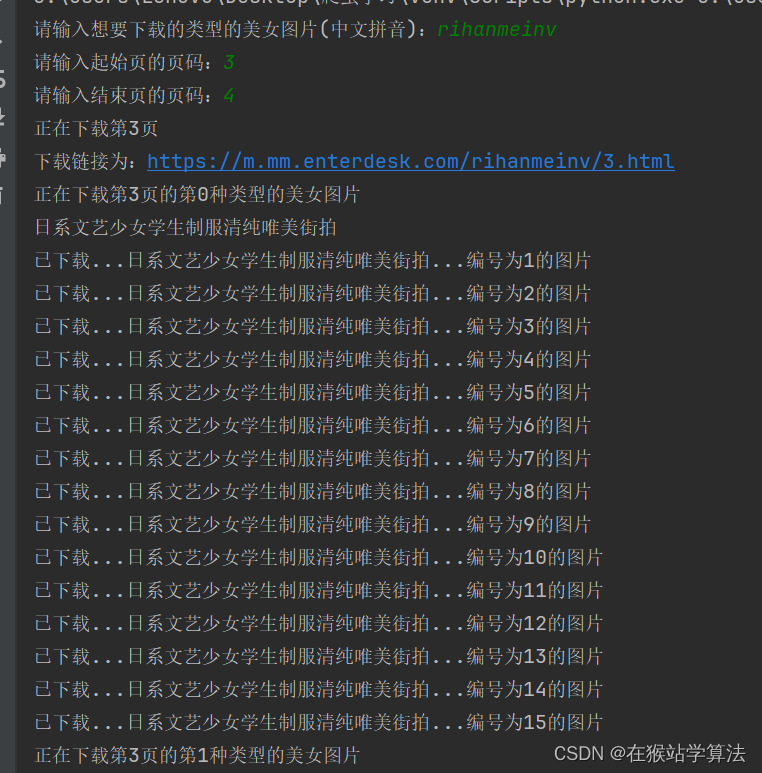
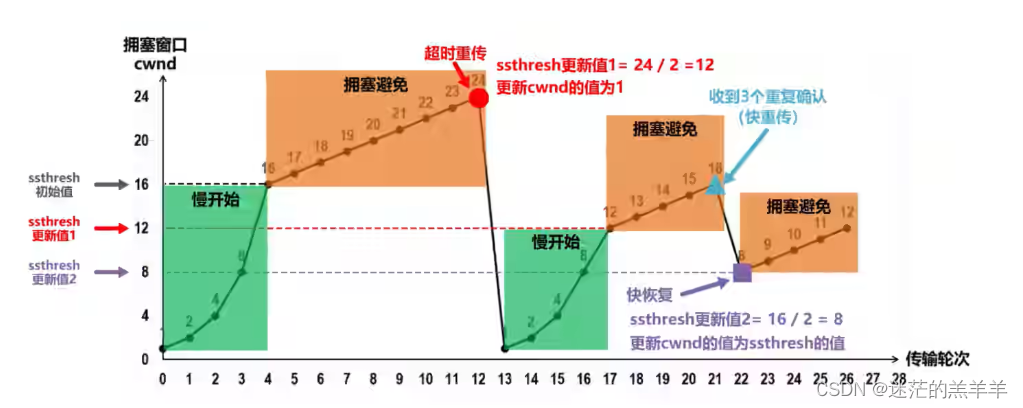
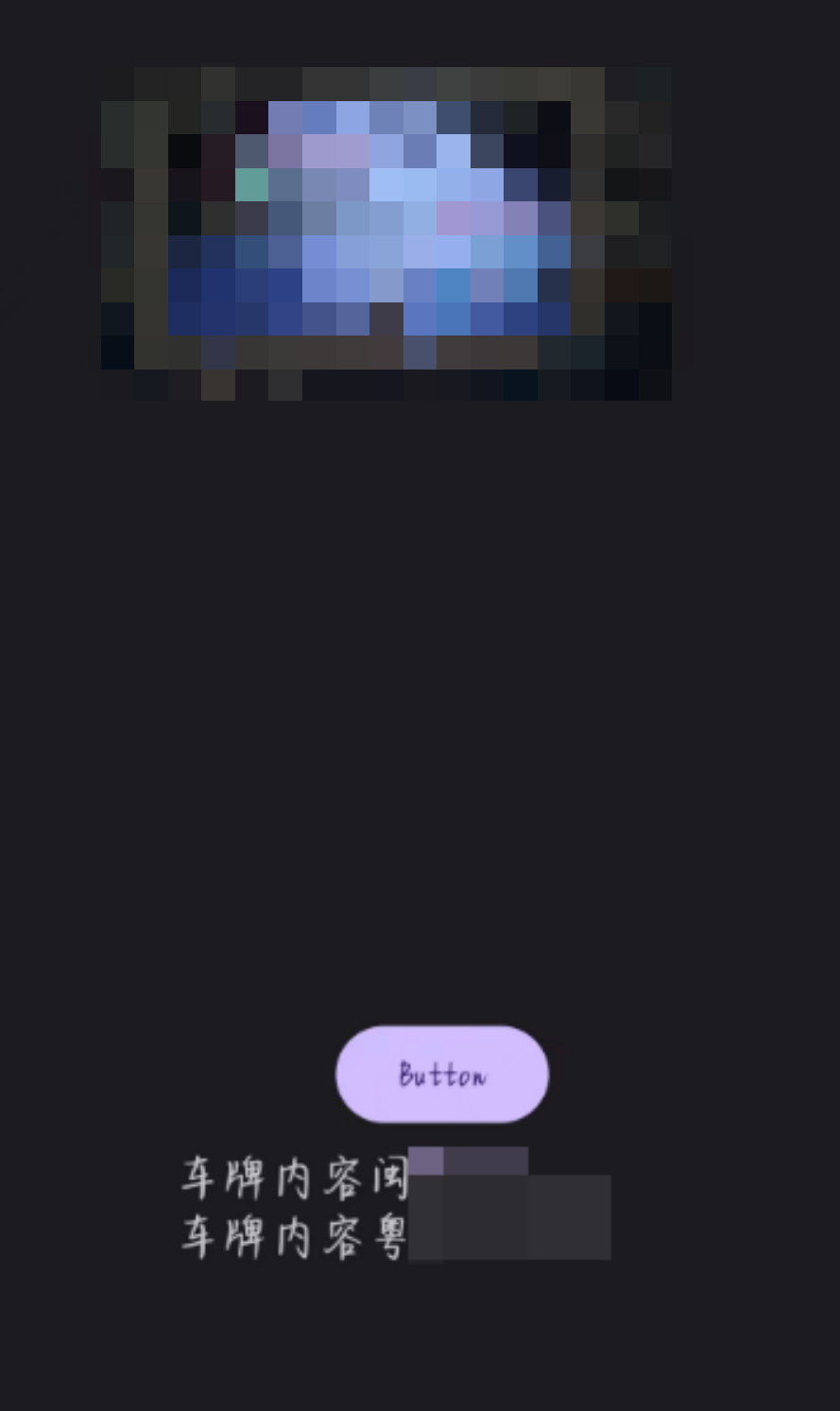
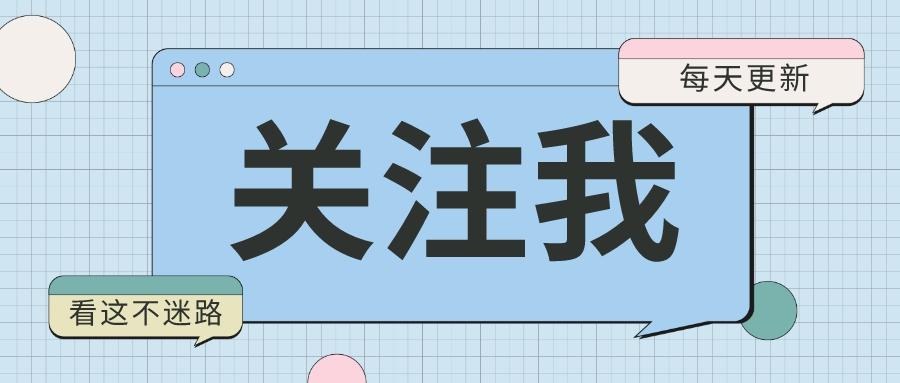



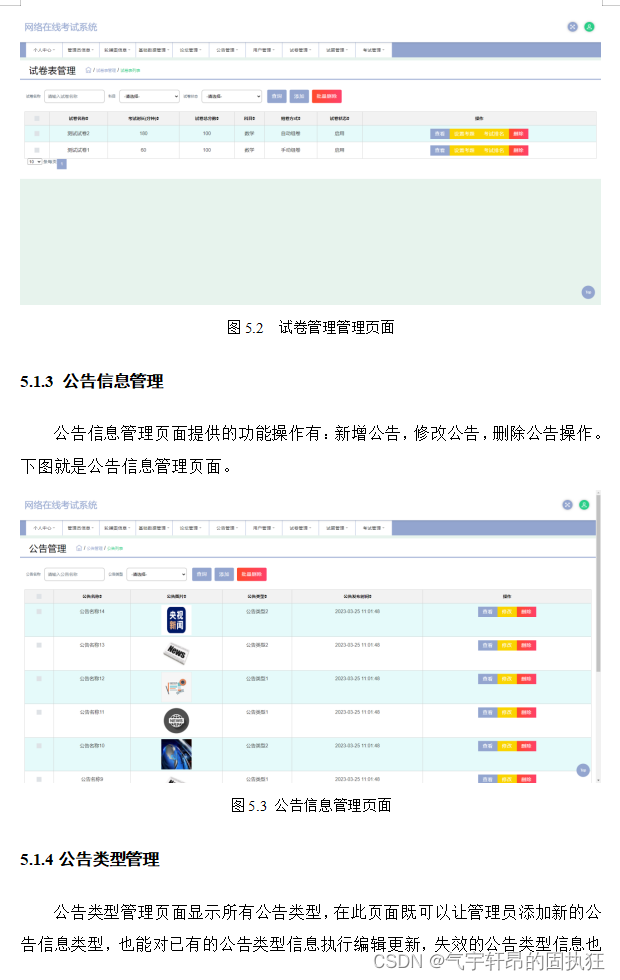
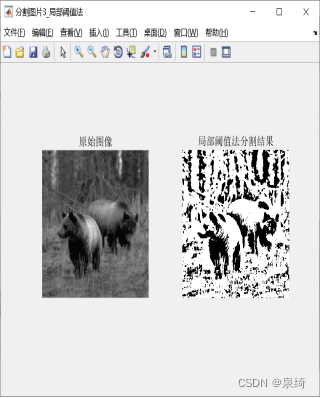
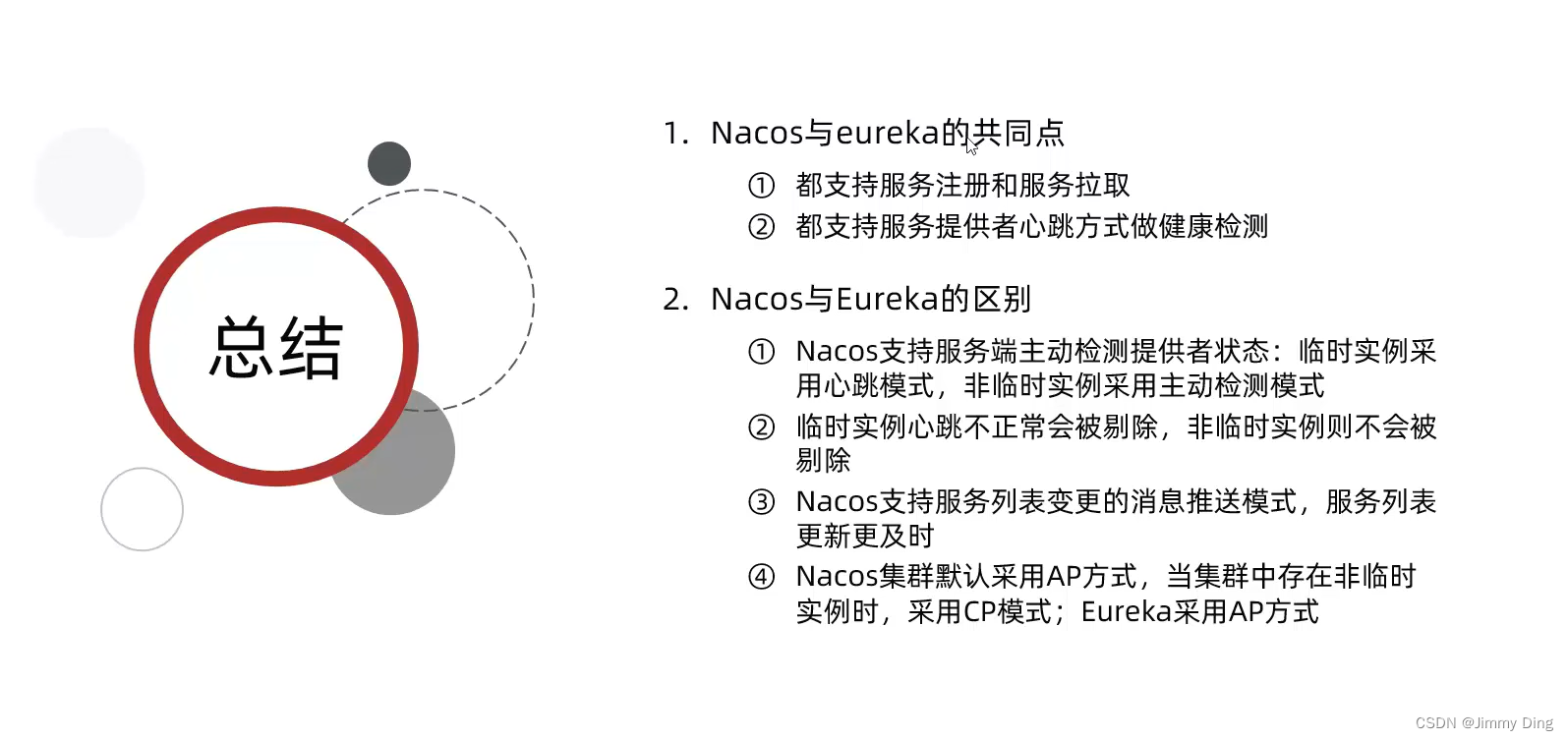
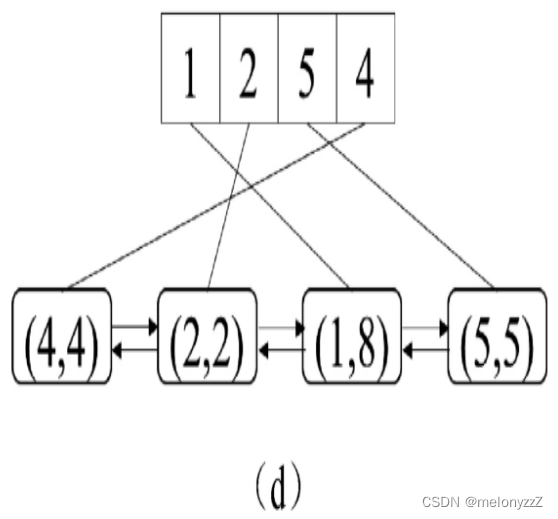

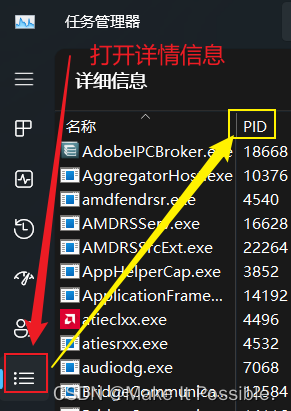
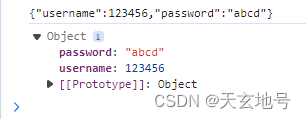
![[计算机提升] 备份系统:系统映像](https://img-blog.csdnimg.cn/direct/3ef96edfd59441f699bd77920db1b5bd.png)
